Projected to a University of Minnesota display board in a dark lecture hall on Sept. 11, Kamala Harris and Donald Trump’s 7 p.m. Presidential debate was on the big screen. When Trump delivered his now infamous line about immigrants eating people’s cats and dogs, a room of about 300 students exploded into laughter.
Event moderator and Journalism professor Christopher Terry was not having it.
“Settle down, settle down!” Terry said.
It was a substantial crowd, about 10 times the projected attendance of 20 to 30 journalism students, according to Terry.
It has not been the only big crowd of the past few weeks. The Vice Presidential debate had similar attendance, and with four weeks left before the Presidential election, the Undergraduate Student Government (USG) “Row the Vote” Initiative is at an all-time high in voting registration.
As of Oct. 10, Row the Vote has already counted 10,200 pledges and over 1,200 registrations, according to USG Civic Engagement Director Riley Hetland. The Minnesota Daily reported that the initial goal for this year was 7,000 pledges and 3,000 registrations.
The Row the Vote Initiative is a USG program that attempts to register and educate as many student voters as possible, according to Hetland. She said USG is keeping track of all students who have registered or pledged to vote.
MinnPost reported that Gen Z engagement in this election is expected to be high, with 65% of eligible voters aged 18 to 29 casting a ballot in the 2020 election, compared to a nationwide average of about 50%.
The Minnesota Daily reported that Row the Vote started in 2020 and was taken over by USG in 2022. USG met their benchmark of 6,000 pledges for their last Row the Vote in 2022, according to Hetland.
“Our country is very, very politically charged currently and so we’ve been seeing that reflected in the amount of people who have been signing pledge forms and registering to vote,” Hetland said. “Last year, the election was pretty unemphasized among the student body.”
Hetland said Row the Vote visits classrooms in what are known within USG as “class blitzes,” where they go into classes, get student vote pledges, register voters and educate people on when and how to vote. Their goal for the year is to visit 1,000 classes by election day.
“We’re going into hundreds of classrooms a day,” Hetland said. “I’d say for sure we’ve been to eight or nine hundred classrooms already.”
Hetland added that it is important to note the electricity behind the student body this year.
“It is truly, truly important for students to make change when they want to see change happen,” Hetland said.
Student engagement goes up
Terry said when he started the University’s Hubbard School Presidential Debate watch parties in 2016, he had a much smaller crowd of only journalism students.
Terry said students from math, economics, chemistry and a whole contingent from mechanical engineering joined the journalism students for the 2024 Presidential debate after the event was mentioned on Reddit.
“We only had enough pizza for a handful of people, but then people from all over campus showed up for it,” Terry said. “I mean, that tells you something about the interest in it.”
Terry said the idea that students are not engaged and interested in politics is not true.
Terry said there has been a lot of open dialogue and competing viewpoints in University watch parties. He said they have 99.9% productive debates — besides the occasional snag comments — because you learn from people by talking to them in face-to-face interactions.
“I’m gonna watch the debate anyway,” Terry said. “Here is a productive environment to watch it.”
Who people are voting for
The Minnesota Daily asked University of Minnesota students face-to-face who they were planning to vote for and to briefly explain why. Last names have been omitted to incentivize unfiltered political expression.
All prospective voters interviewed said they either supported former President Donald Trump, Vice President Kamala Harris, Green Party presidential candidate Jill Stein or said they were either not voting or undecided.
Why are you planning to vote for Trump?
A quarter of University students surveyed said they would support Trump in the 2024 election.
- “Trump is overall better for the country’s economy. He’s not easily intimidated by other countries,” said Jackson, a first-year student.
- “I am not voting for the woman who would judge me for my outfit in high school,” said Steven, a third-year student.
- “His economic policies are better. I’m not a huge Trump fan, but it’s obvious under his presidency the economy was running better,” said Soren, a post-secondary enrollment option student.
- “He more aligns with my personal beliefs and he is better for international relations. I believe he would do a better job reducing inflation, and if Kamala could’ve done it she would have by now,” said Shane, a third-year student.
- “Most likely Trump as I lean conservative fiscally, as well as for jobs. Minnesota isn’t doing great with that right now,” said Molly, a third-year student.
Why are you planning to vote for Kamala?
Out of 30 students who shared their opinions with the Minnesota Daily, a little less than two-thirds said they were planning to vote for Harris this November.
- “Her policies are just better, and she didn’t try to overthrow the government. I’d also prefer it if my girlfriend had her rights,” said Luke, a third-year student.
- “Trump is a convicted felon. It would also be cool to see a woman as president. It would be a big deal,” said Laria, a third-year student.
- “My mother, my sister and my girlfriend would like to have rights,” said Stafford, a third-year student.
- “I hate Donald Trump a lot more,” said Nathan, a second-year student.
- “She is pro-climate change, human rights and would lead to a more united country,” said Amya, a first-year student.
- “Trump’s an egomaniac lesser of two evils,” said Jordan, a prospective graduate student.
- “Not having access to abortion is the difference between life and death,” said Albra, a first-year student.
- “Her economic policies are better. Her attitude is better and she is more compassionate and trustworthy,” said Nate, a graduate student.
Independent party supporters
Two students said they would be voting for Jill Stein, as neither major party candidates have a preferable stance on the Israel-Hamas war and ongoing Palestinian humanitarian crises.
- “Both the Democrats and the Republicans are in support of Israel. The Green Party vice president is Muslim and Jill Stein supports Palestine,” said Izhan, a third-year student.
- “Both sides aren’t trying to stop a genocide or having a ceasefire. Jill Stein supports reparations, free healthcare and is more genuine than both major party candidates,” said Subi, a third-year student.
Republican and DFL engagement on campus
Christopher Flemming, Minnesota College Republican chair and St. Olaf chapter of College Republican president, said there has been high Republican engagement with the St. Olaf chapter of College Republicans, but there is not currently a College Republican chapter on the University of Minnesota Twin Cities campus. With the Turning Point USA club dying out recently, there is not currently a major Republican group on the Twin Cities campus.
Flemming said the plurality of Republican students he has talked to said immigration was their biggest concern. He added that people would also talk about things like the economy, inflation, crime and housing costs.
“I just think a lack of enforcement of our current policies, a feeling that it’s an issue the government could fix while both sides don’t really want to,” Flemming said. “I think it shows anger with the establishment.”
Minnesota DFL Party Chair Ken Martin said in an emailed statement to the Minnesota Daily that the DFL college campus turnout operation is the strongest it has ever been.
“We have student organizing programs at 23 different colleges and universities, we are promoting pop-up early voting locations near students, and we are investing time and resources into providing students the information they need to make voting easy and accessible,” Martin said in the statement.
Martin added that DFL legislative action has contributed to students from low-income families having access to free tuition from Minnesota’s state colleges and universities and access to paid family and medical leave when they graduate.
DFL Twin Cities Campus Fellow Nora Wilcek said most of what the DFL does on campus involves tabling, direct voter recruitment, registering students to vote and knocking on dorm doors. She said the DFL mostly does this through face-to-face interaction and is looking to increase the number of events on campus as election day approaches.
Wilcek added she has not seen or interacted with many Republicans on campus.
“I think we are probably the core presence that’s on campus,” Wilcek said. “I think around Minnesota there is a lot of excitement about the DFL.”


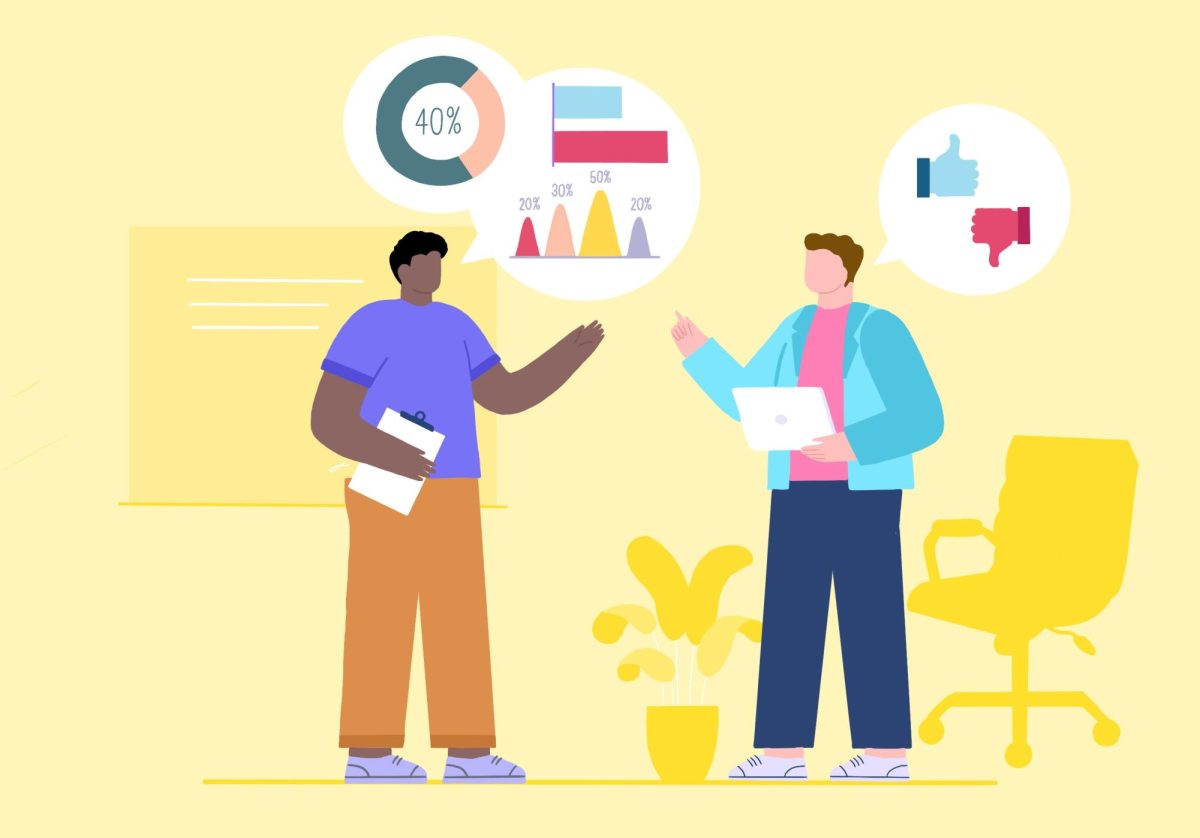
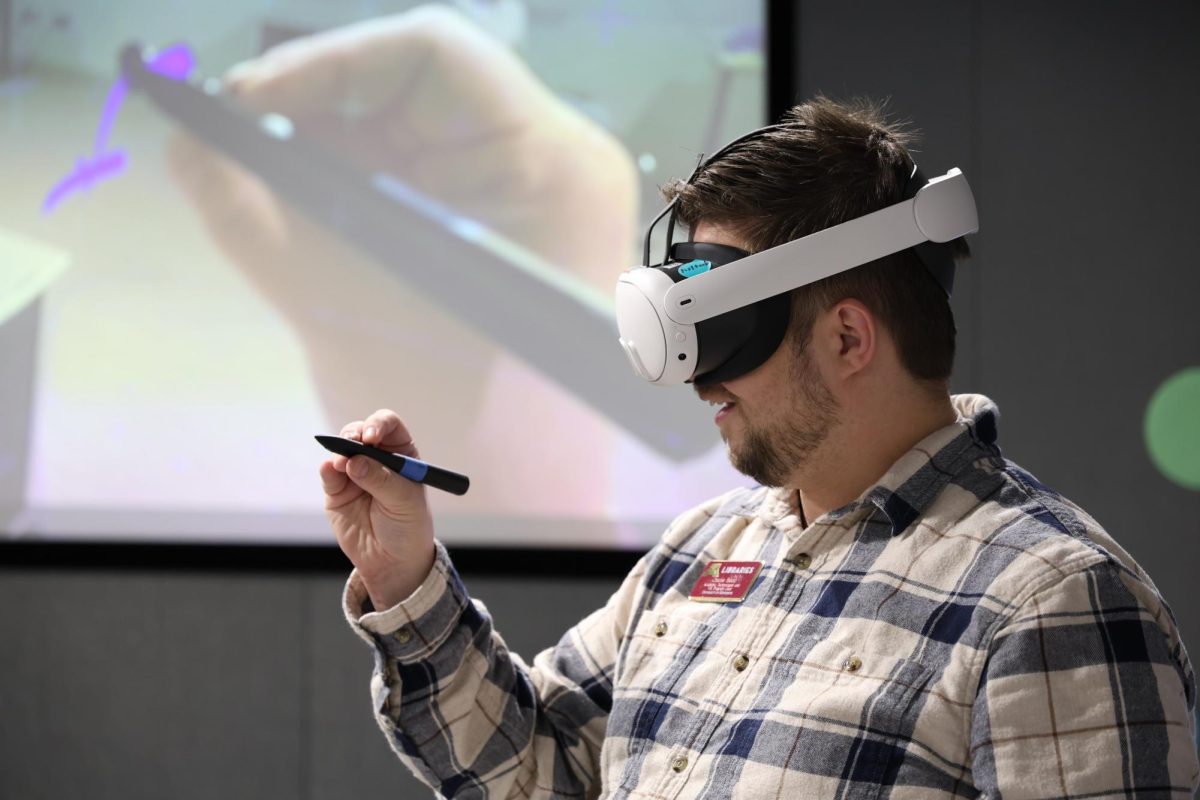

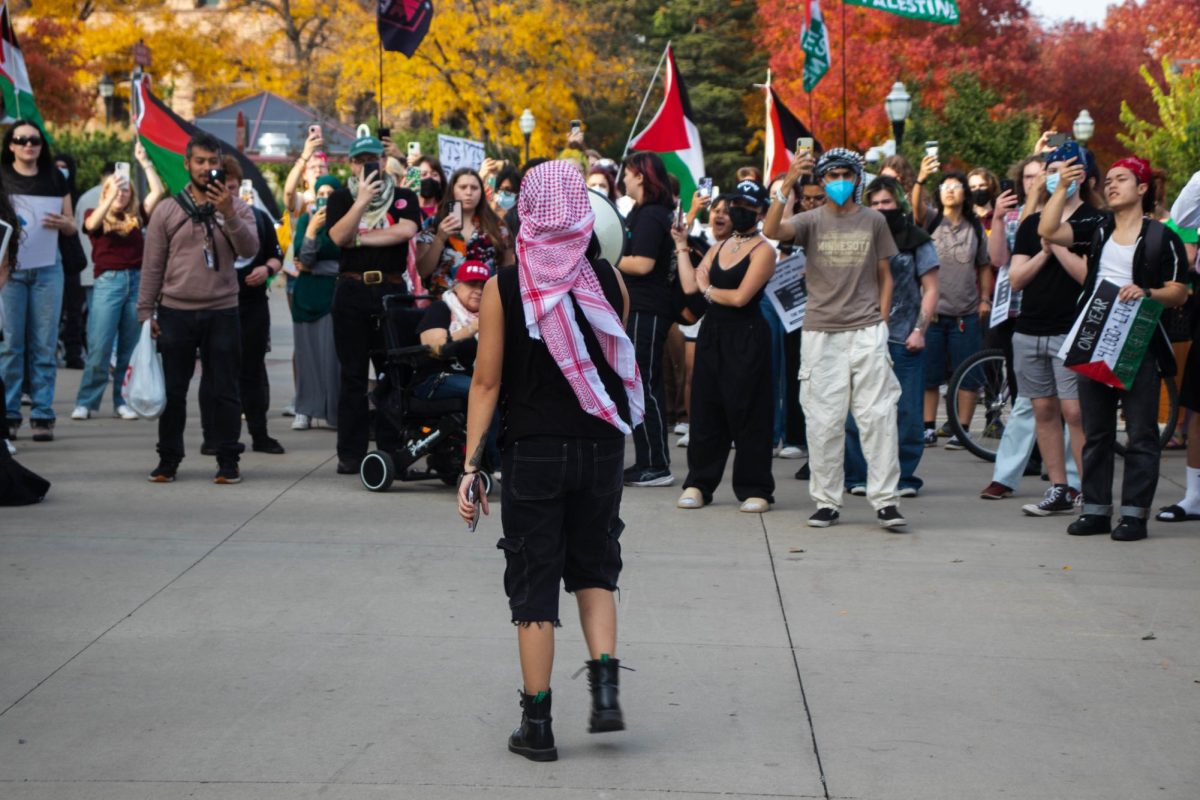
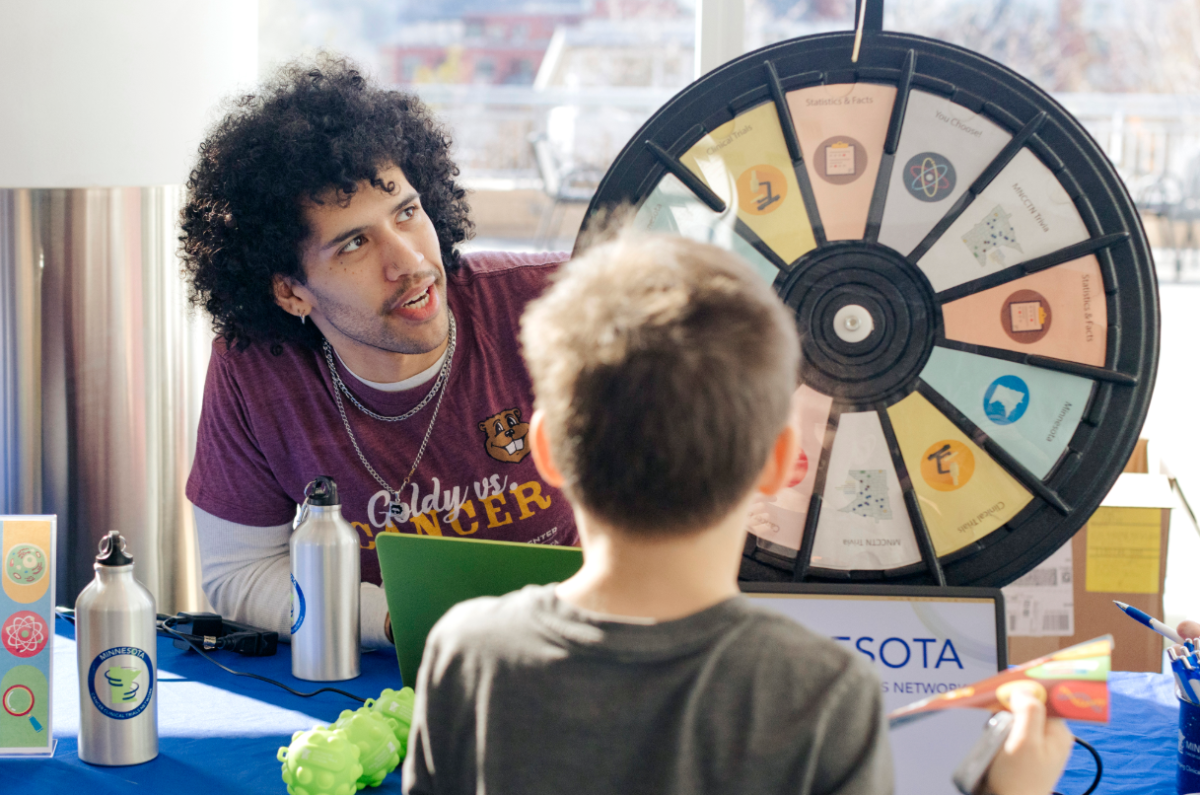
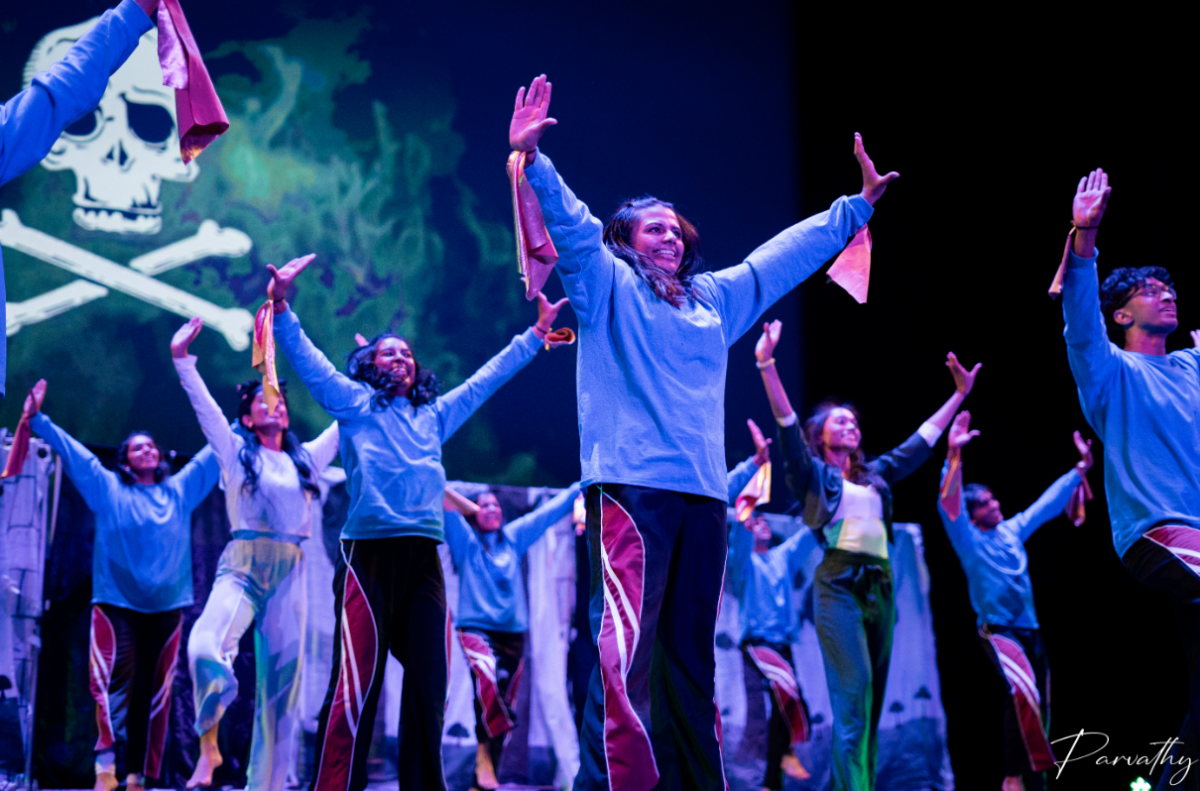

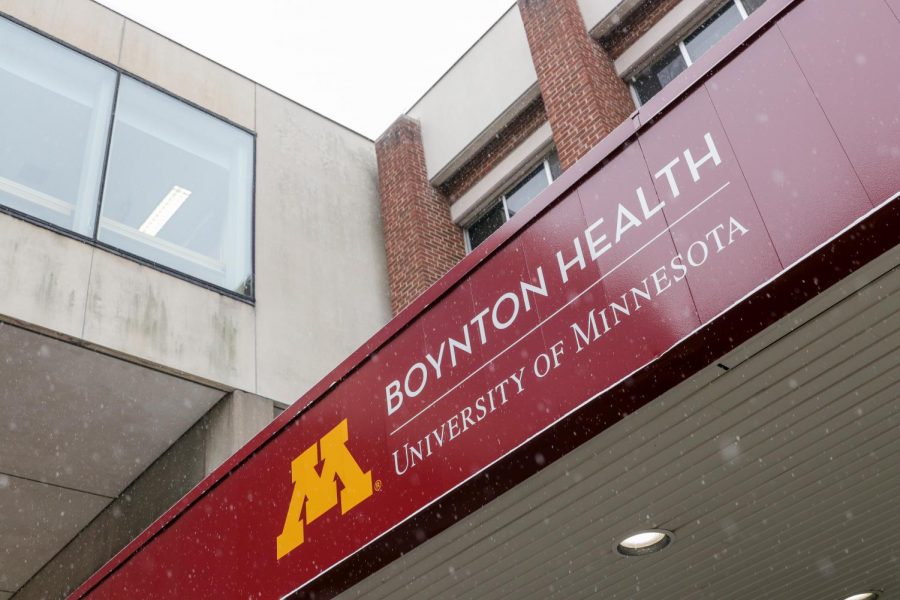
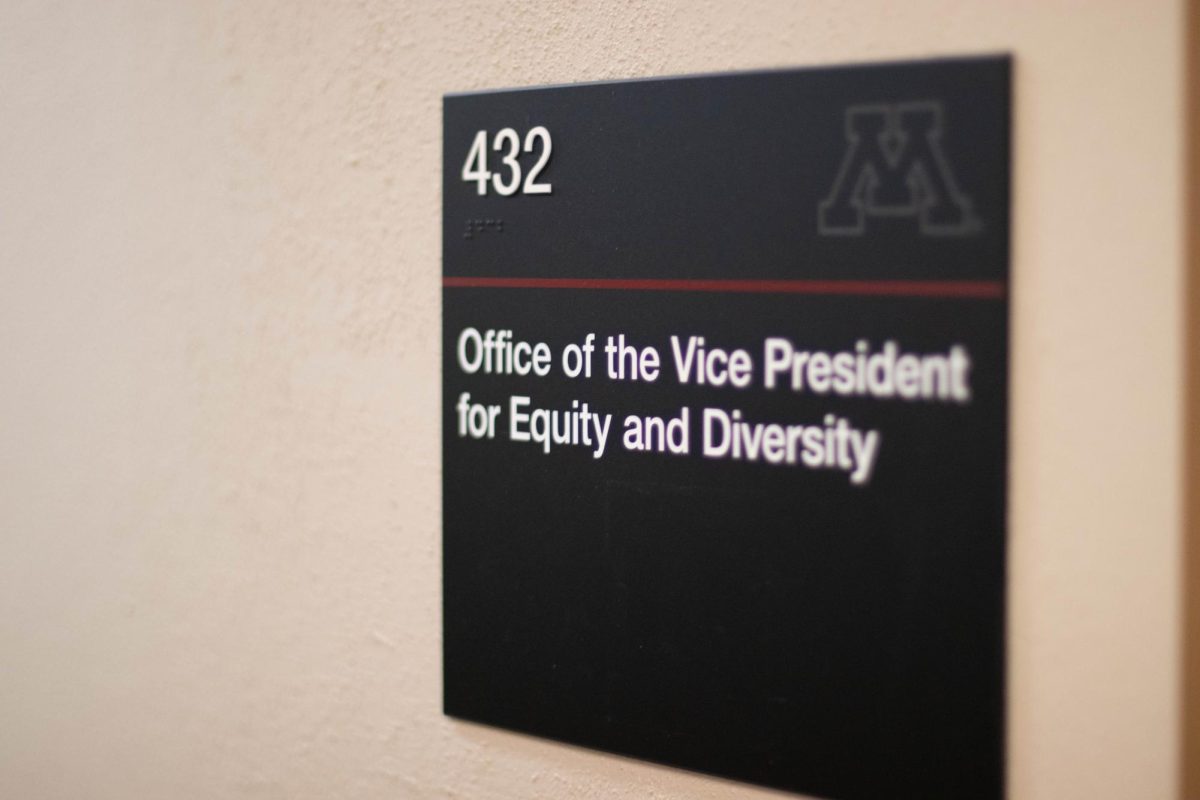


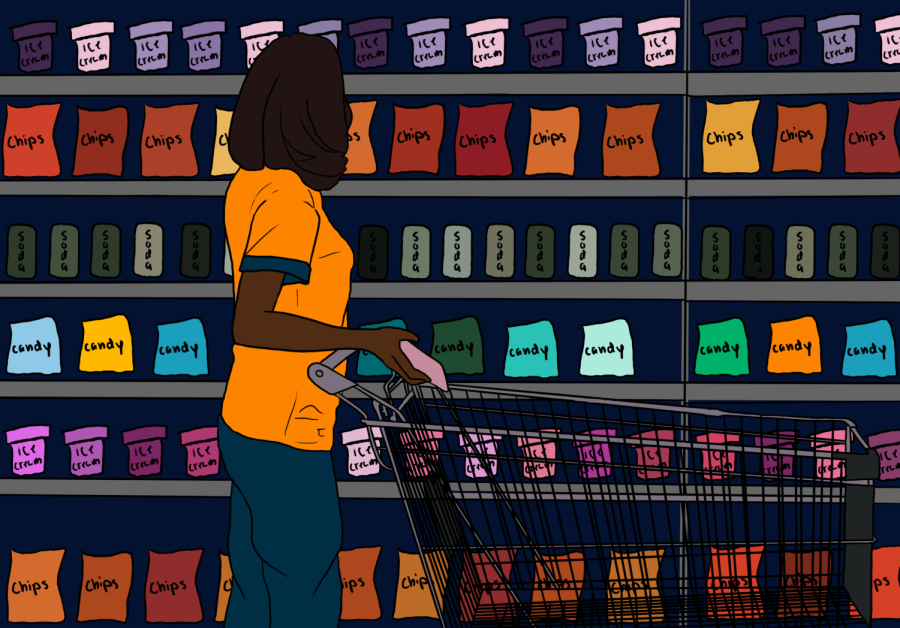
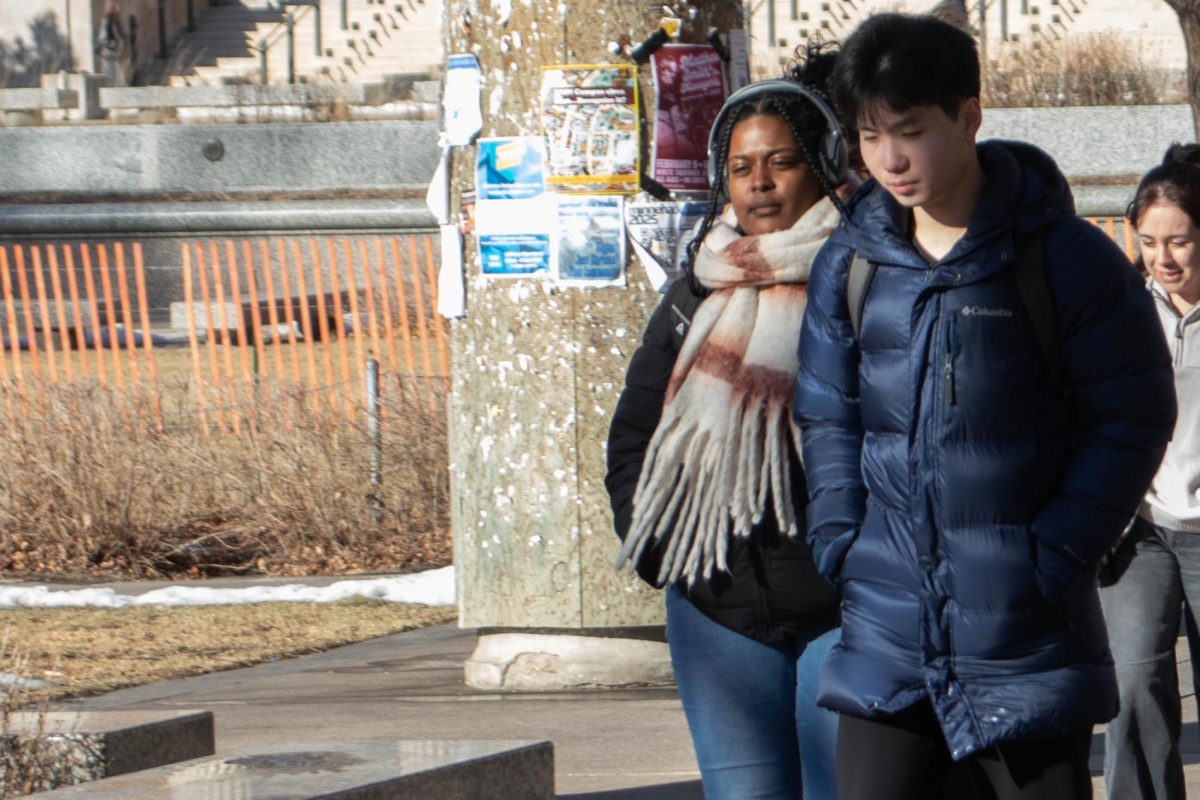
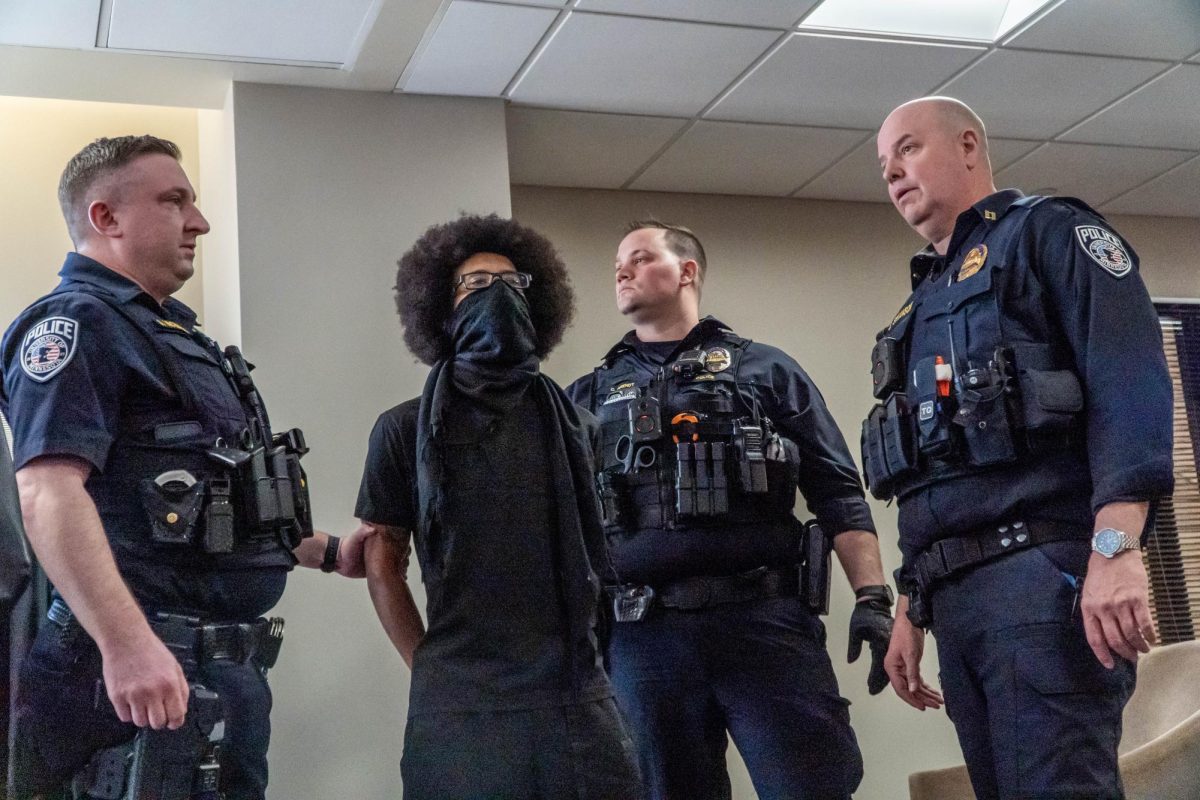
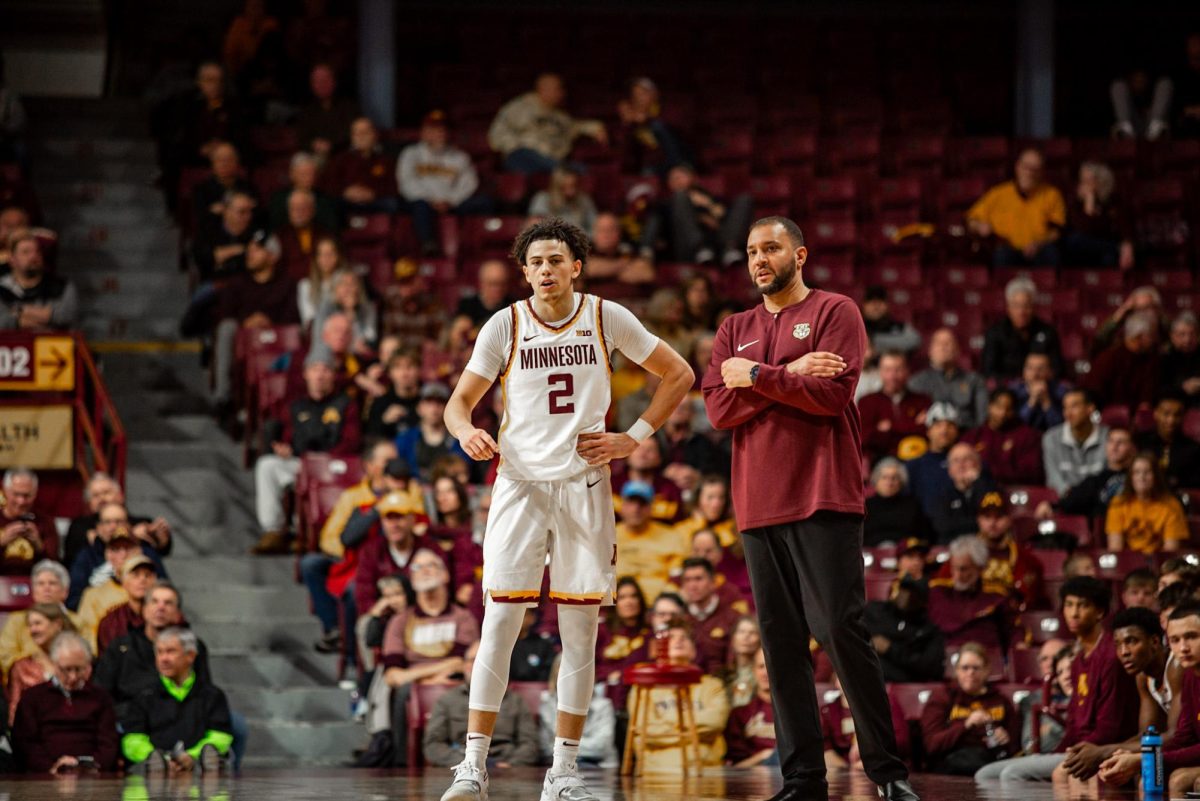




Elizabeth
Oct 28, 2024 at 10:26 pm
Loved the article! It great to hear what peers think about the election! Also, I like Luke’s quote! He is so smart! His girlfriend is a lucky lady!